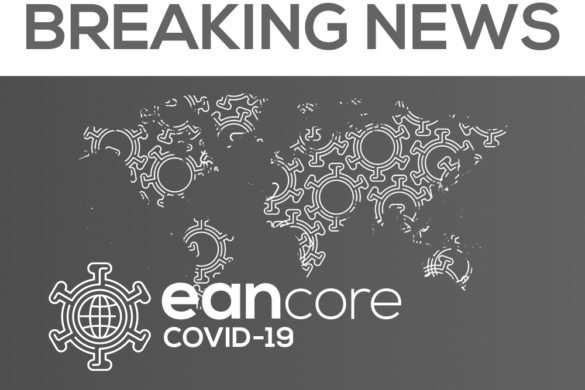by Viktoria Papp
Each month the EANpages editorial team reviews the scientific press for recently published papers of outstanding interest to neurologists. Below we present our selection for April 2023 (for our Paper of the Month for April, see here).
1. Randomized placebo-controlled crossover trial of memantine in children with epileptic encephalopathy
Memantine, a NMDA receptor antagonist approved for patients with Alzheimer’s dementia, has been shown to have beneficial effects both on seizure frequency, EEG abnormalities, and cognitive dysfunction in children with developmental and epileptic encephalopathy.
3. Comparative effectiveness and safety of analgesic medicines for adults with acute non-specific low back pain: systematic review and network meta-analysis
In this systemic review and meta-analysis, the authors screened more than 26,000 publications up to February 2022 and included 98 randomised controlled trials of adults (≥18 years) with acute non-specific low back pain. They concluded that there is low evidence for the use of analgesic medicines for acute non-specific low back pain both regarding effects for pain relief and safety.
4. Endovascular treatment versus no endovascular treatment after 6–24 h in patients with ischaemic stroke and collateral flow on CT angiography (MR CLEAN-LATE) in the Netherlands: a multicentre, open-label, blinded-endpoint, randomised, controlled, phase 3 trial
The aim of this multicentre, open-label, blinded-endpoint, randomised, controlled, phase 3 trial, conducted in 18 stroke intervention centres in the Netherlands, was to assess the efficacy and safety of endovascular treatment for anterior circulation ischaemic stroke in patients treated in the late window (6–24 h from symptom onset or last seen well) selected on the basis of the presence of collateral flow on CT angiography. In these patients, endovascular treatment was found to be effective and safe. Based on these results, the authors suggested that the selection of patients for endovascular treatment in the late window should be primarily based on the presence of collateral flow on CT angiography.
5. Effect of atherosclerosis on 5-year risk of major vascular events in patients with transient ischaemic attack or minor ischaemic stroke: an international prospective cohort study
This large prospective study included 3,874 patients after a transient ischaemic attack or minor ischaemic stroke and classified them based on the degree of atherosclerosis. The results of this study revealed that patients with atherosclerosis have a significantly higher risk of developing new vascular events within five years compared to those without atherosclerosis. Most of the risk factors associated with atherosclerosis were modifiable suggesting the need for intense control of atherosclerosis.
…










